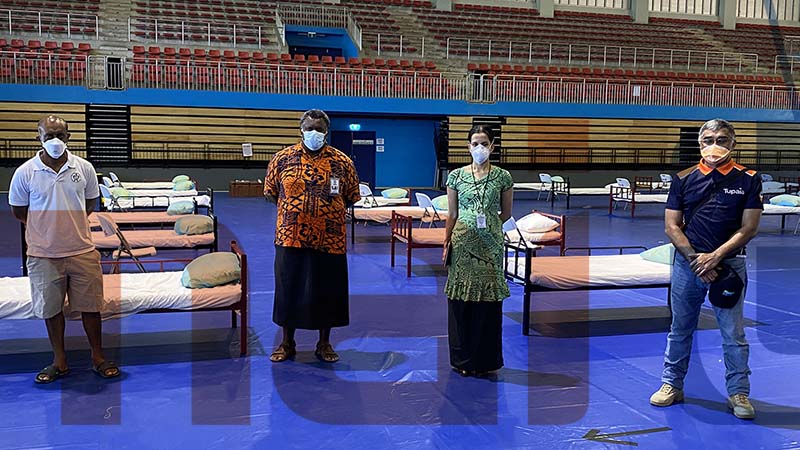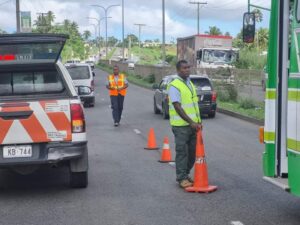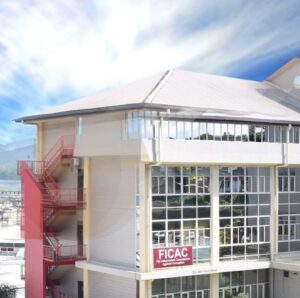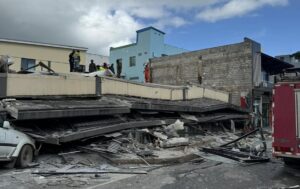Early presentation is critical in the treatment and survival of COVID-19 high-risk individuals, Fiji’s health officials’ warns, pleading with youngsters to keep an eye on their aged household members.
Permanent Secretary for Health Dr James Fong said a significant number of recent COVID-19 deaths have stemmed from late presentation to health facilities – usually within hours of their dying whether it be at home, en route or arrival to the hospital.
“That engagement needs to have started long before or as soon as you notice that there is some degree of severe symptoms,” Dr Fong said.
“We need people to have responded well in advance, checking on the symptoms, asking about symptoms, and then being able to move forward in a timely manner, we’ve established a COVID care line 165 that allows people to be given advice about how to deal with the symptoms.”
Dr SahuKhan said younger household members could help in this regard by looking out for any changes in their aged family members who may not display all of the common COVID19 symptoms but may be feeling or acting far from usual.
“If you yourself fall into one of these severe disease categories, or you’re looking after someone at home may be your elderly relative who is in that severe disease category and they may not have tests, but they have symptoms of COVID, they may have body pain for people in the elderly category they may have symptoms that are not necessarily COVID-like symptoms or they might not have a cough. But you notice that they’re having body pains, they’re not as active as normal, they are a bit lethargic, and they may have a fever. They may have a bit of a runny nose, you need to bring them in as soon as possible to be assessed by our medical teams, and we really want to emphasise this,” Dr Sahukhan said.
“Please give our frontline healthcare workers a chance to help, a chance to do their job and save lives, because, as you all know we’re facing a very serious situation in the Suva-Nausori area but we do have resources that can be used, you see the arena right now is empty, we have beds. We have people here who are trained to be able to look after people with moderate or severe diseases. Please give them a chance to do their job.”
Those at high risk of developing severe COVID are persons over the age of 50, people with comorbidities or chronic illness, or non-communicable diseases like diabetes, high blood pressure, heart disease, and kidney disease among others.
“If you have any of these chronic illnesses you need to come for blood screening clinics so that you can get tested, and you can be advised about how your care is going to progress from there, it will allow us to register you into our system.
“And either you will be told that you need to come to one of these facilities, intermediate care facilities, or you will be followed up very regularly by our teams, and this is very important. So this is why we have changed our testing strategy now because we recognise that the people we really need to find are those that are more likely to develop severe disease.”
Accordingly, the Ministry of Health has adopted and rolled out a progressive-health care approach for COVID-19 patients to guide them through all phases of recovery, starting with their being screened to determined the level of care they need – if severe, they will be admitted to the Vodafone Arena facility, where doctors and nurses are on call 24/7 to provide care. When they are stable, depending on their recovery, they will either be shifted across to the old gym health care facility or moved to the Sangam Hall in Samabula which has been set up for male patients or the Soqosoqo Vakamarama in Nabua for females.
Those that are housed at the Samabula and Nabua facilities are largely patients whose home set-up may not be conducive to their full recovery.











